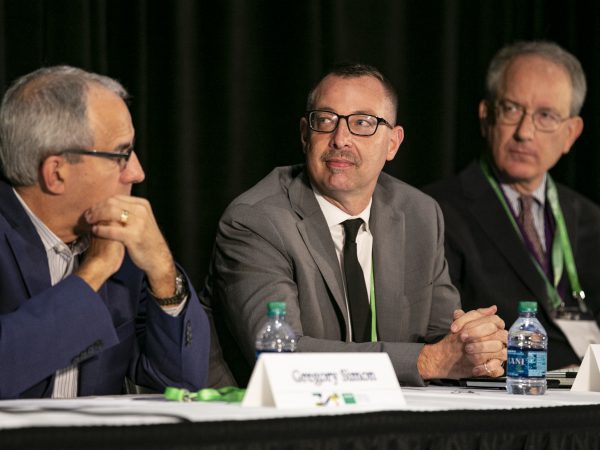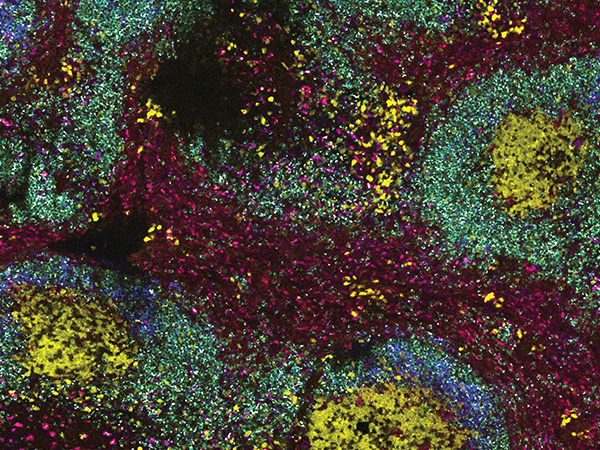New Journal Article Explores Equity in Academia
As the murders of George Floyd, Breonna Taylor, and others exposed racial inequities in America, many sectors of society have begun to delve more deeply into the insidious effects of racism and bias.
Academia is no exception. In a paper published Tuesday in Cancer Discovery, a journal of the American Association for Cancer Research (AACR), Donita C. Brady, PhD, of the Perelman School of Medicine, University of Pennsylvania, and Ashani T. Weeraratna, PhD, of the Johns Hopkins Bloomberg School of Public Health and the Sidney Kimmel Cancer Center, Johns Hopkins School of Medicine, wrote that these events “have had a profound effect on the collective conscience of our society, prompting us to reexamine our own bias and survey for race-based discrimination to begin to acknowledge and combat the existing racism within our own ivory towers.”
Earlier this year, leading cancer scientists held a panel discussion titled “Racism and Racial Inequities in Cancer Research” during the AACR Virtual Annual Meeting II. The researchers discussed ways to combat racism in cancer research, and new AACR President Antoni Ribas, MD, PhD, FAACR, vowed to provide more forums for conversation and change.
In the article commissioned by Cancer Discovery to further explore this important topic, titled “The Race toward Equity: Increasing Racial Diversity in Cancer Research and Cancer Care,” the authors identified several strategies that the cancer research community could take to diversify the workforce, improve outreach to minority groups, and ultimately, improve the quality of cancer care for members of underrepresented communities.
“Transformative, intentional initiatives at our institutions and funding agencies aimed at the retention and recruitment of Black trainees and professors within the cancer research enterprise are therefore critical to creating preeminent academic research environments,” the authors wrote. They identified numerous concrete ways that universities could increase minority representation on their faculties, such as establishing partnerships with minority-serving institutions; strengthening mentorship programs; improving recruitment efforts; and providing financial support for trainees from underrepresented groups.
“We need to appreciate and embrace the diversity that can bring important insights into everything from basic cancer research to the clinical practice of oncology,” the authors concluded.
This fall, a pair of AACR initiatives will focus on disparities in cancer. On Sept. 16, the AACR will release its inaugural Cancer Disparities Progress Report outlining the enormous public health challenge of cancer health disparities. The report highlights areas of progress in reducing these disparities as well as the vital need for continued research, collaboration, and funding to ensure that advances against cancer benefit all people.
And from Oct. 2 to Oct. 4, we will present the 13th AACR Conference on The Science of Cancer Health Disparities in Racial/Ethnic Minorities and the Medically Underserved. Following a virtual format this year due to the COVID-19 pandemic, this conference will present a dynamic forum for cancer researchers and representatives from industry, government, and communities to discuss this major public health issue.
The panel discussion on racism from Virtual Annual Meeting II is available here:



